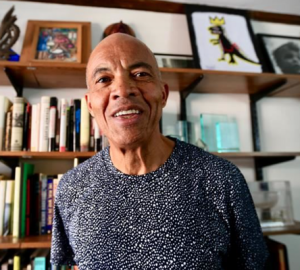
Prior to his news conference, Seattle Seahawks cornerback Richard Sherman discussed the Black Lives Matter movement. While partly supportive, Sherman criticized the protesters for not being as focused on crime in their community. While well meaning, Sherman presents a significant problem surrounding the discussion of race in this country: the politics of respectability. Respectability politics dictate that marginalized or victimized groups self-monitor their community and that any violation of these groups by law enforcement or other institutions is a direct result of that community’s failings. People who subscribe to respectability politics like Sherman believe that issues like police brutality are caused by problems within the black community.
The politics of respectability is not a new thing. It is remnant of an era in which a black man could be lynched for whistling at a white woman. The politics of respectability is part of a greater problem of victim-blaming, in which the behavior, choice of clothing, and community of people of color is scrutinized more heavily than the behavior of the officer or entity that violated their rights or took their life. Respectability politics say Trayvon Martin would not be dead if he had not worn a hoodie and Sandra Bland would not have gone to jail and set a $5,000 bond if she had put out her cigarette. Commenters on the subject of race like Richard Sherman will even go so far as to say that people of color cannot hold institutions accountable for their mistreatment because of the violence that happens in their communities.
The biggest problem with respectability politics is that it empowers individuals to perpetuate racist practices without accountability. The first step to making changes that prevent abuses of power is to acknowledge that there is an institutional problem. Respectability is the crutch in a critical discussion about race that too many people depend on to avoid the bigger problem. It is the same with rape culture; it is easier to pin the blame on how a woman dresses and expresses her sexuality than to indict an entire culture on how it mistreats and misrepresents a woman’s body in its pursuit of maintaining firmly defined gender roles.
People of color should not have to act subservient or monitor self-expression in order to avoid being shot while unarmed. Respectability politics of the Jim Crow era do not belong in a modern discussion about race in America. Rather than telling people of color that they need to cope with the terror of this problem by being on their best behavior, we need to examine systems in this country that empower individuals to act beyond reason and to hold these individuals accountable.



























